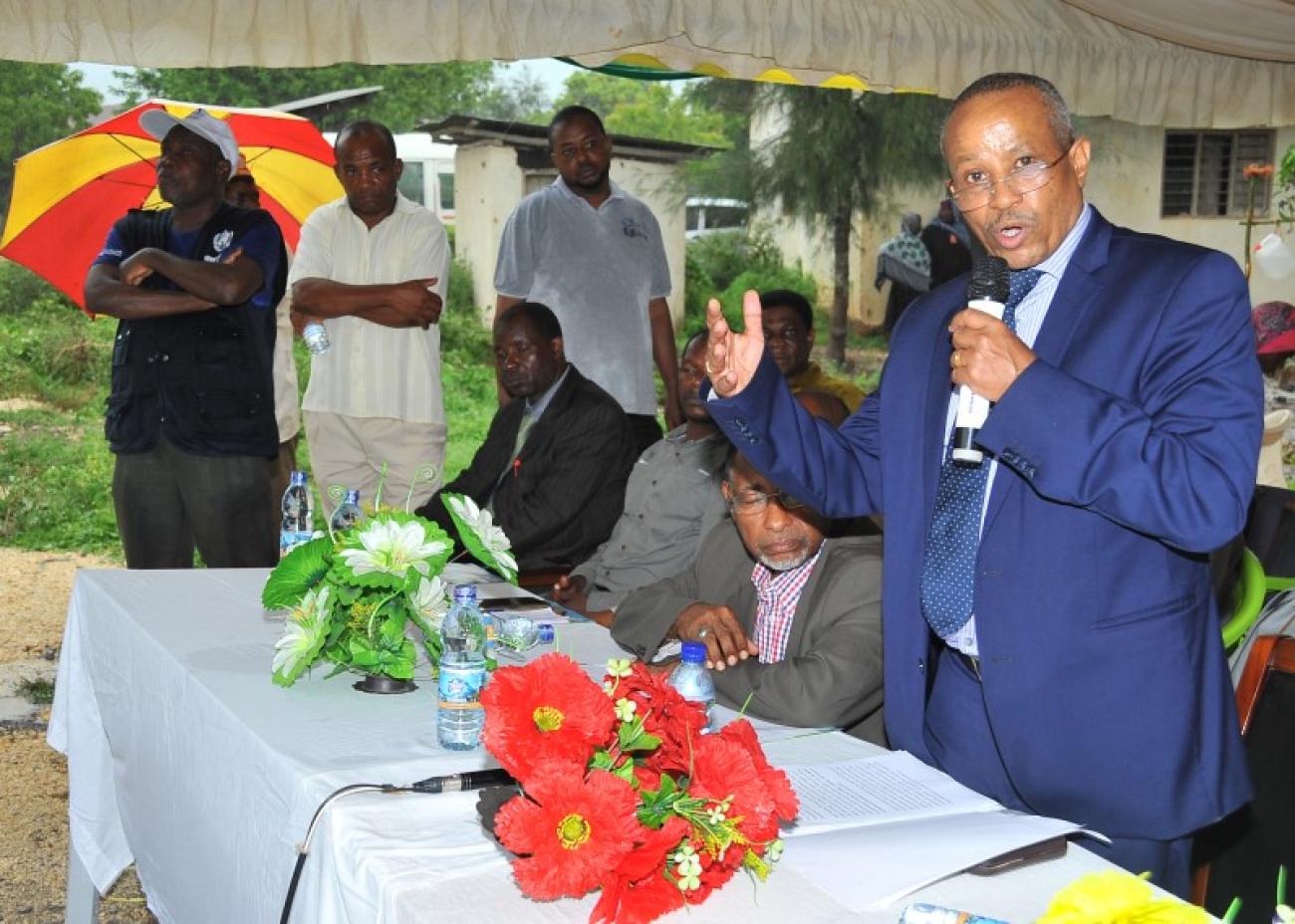Universal health coverage (UHC) means that all people and communities can use the promotive, preventive, curative, rehabilitative...
Universal health coverage (UHC) means that all people and communities can use the promotive, preventive, curative, rehabilitative and palliative health services they need, of sufficient quality while ensuring that the use of these services does not expose the user to financial hardship.
This calls for governments to increase the domestic allocation of resources for health to protect citizens from hardships and catastrophic health expenditure and ensure sustainable development goals. The current reality is still the opposite in Africa on average about 38% of the health expenditure is covered from out-of-pocket (OPP) expenditure exposing individuals, families and communities to financial hardships, poverty and destitution. The emergence of Non-Communicable Diseases as a double burden to the already debilitating effects of malaria, HIV/AIDS, diarrhoea and other communicable diseases and that affect the productive segment of the population in developing countries, further complicates the burden.
The first-ever, Mid-Term Review of the Health Sector Strategic Plan-III (HSSP-III) which was conducted by the Ministry of Health of Zanzibar technically supported by WHO revealed the achievements and challenges ensuring Universal Health Coverage in Zanzibar.
The Revolutionary Government of Zanzibar’s policy is free medical services to all. This noble policy ensures that poor people are protected from exclusion to access social services including health. Access to physical health infrastructure is universal with a total of 136 different levels of health facilities in a radius of 5-7 kilometres available in the islands.
However, donor contribution to health funding in 2015/16 was almost 50%. Total Health Expenditure as a proportion of Gross Domestic Product (GDP) was at 3.4% and governments’ health expenditure as a proportion of the total health expenditure in 2015/16 was 48%.
Evidence shows that low-income countries that allocate 5-6% of their GDP to health have a better Universal Health Coverage and government health expenditure of 70% or more as a proportion of the total health expenditure cushion populations from a catastrophic out of pocket expenditures. Zanzibar needs to improve these two indicators to ensure availability of quality Universal Health Coverage to its population.



